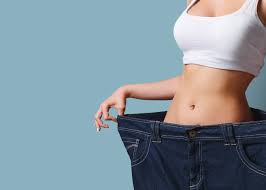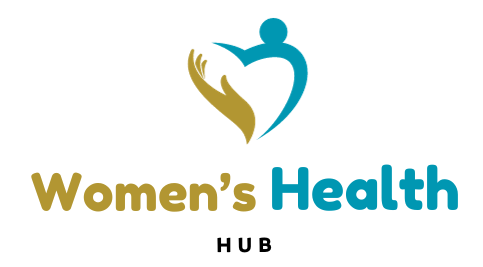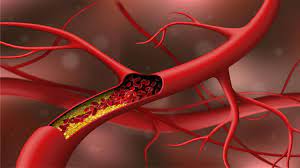Embarking on a journey to reduce weight extends beyond mere weight loss; it encompasses enhancing overall well-being, including the essential aspect of managing cholesterol levels. This thorough exploration will delve into the intricate correlation between cholesterol and weight reduction, offering practical strategies rooted in evidence, valuable guidance, and nuanced perspectives. We aim to assist you in fostering a healthy lifestyle and enhancing cardiovascular health.
Understanding the Impact of Weight Loss on Cholesterol Levels
Influencing Low-Density Lipoprotein (LDL)
The “less favorable” cholesterol, LDL cholesterol, can experience positive changes with weight loss. Lowering LDL levels has been demonstrated as a positive outcome of embracing a healthier lifestyle through weight loss, reducing the likelihood of cardiovascular issues, and promoting heart well-being.
Enhancing the Level of HDL (High-Density Lipoprotein)
The “favorable” cholesterol, HDL cholesterol, has the potential to increase through a successful weight loss routine. Weight loss significantly enhances the positive impact of elevated HDL levels, associated with improved heart health and a more harmonious lipid profile.
Reducing Cholesterol
Triglycerides, blood fat, naturally decrease with weight loss. Lowering triglyceride levels is crucial for cardiovascular well-being, and weight loss positively contributes to this reduction, a pivotal element in achieving an optimal lipid profile.
Practical Tips for Managing Cholesterol During Weight Loss

Heart-Healthy Dietary Choices
Adopting a diet low in fat is imperative. Moderate the consumption of trans and saturated fats, and incorporate a diverse range of fruits, vegetables, wholesome grains, and lean proteins. This dietary approach not only aids in effective weight management but also plays a vital role in optimizing cholesterol levels.
Regular Physical Activity
An essential element of a successful weight management and cholesterol care routine involves regular physical activity. Beyond its contribution to weight loss, consistent exercise directly impacts cholesterol levels, enhancing the overall lipid profile.
Moderate Alcohol Consumption
If alcohol consumption is part of your routine, do so with moderation. Red wine, in particular, has been associated with positive influences on HDL cholesterol levels, supporting cardiovascular health when consumed responsibly and in reasonable amounts.
Essential Element: Staying Hydrated
Adequate hydration is vital for overall well-being, encompassing lipid metabolism. Water plays a crucial role in numerous bodily functions, including the regulation of cholesterol, underscoring its significance in achieving your weight reduction objectives.

In Conclusion
In conclusion, weight loss significantly influences cholesterol levels and, consequently, cardiovascular health; it extends beyond aesthetics. With a thorough understanding of the intricate relationship between cholesterol and weight reduction, coupled with practical lifestyle adjustments, you can embark on a journey toward enhanced well-being. This comprehensive guide equips you to make informed choices, foster a balanced life, and uphold optimal cardiovascular health and cholesterol levels.





